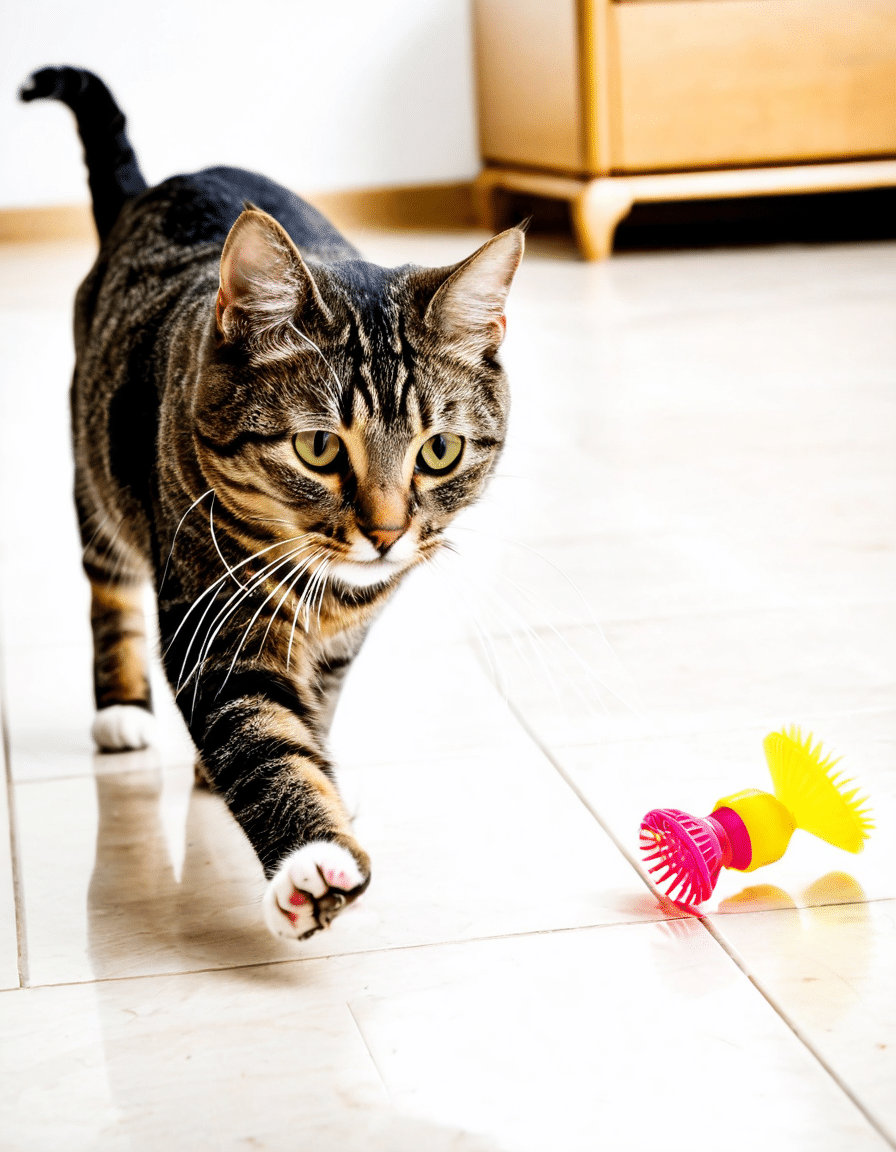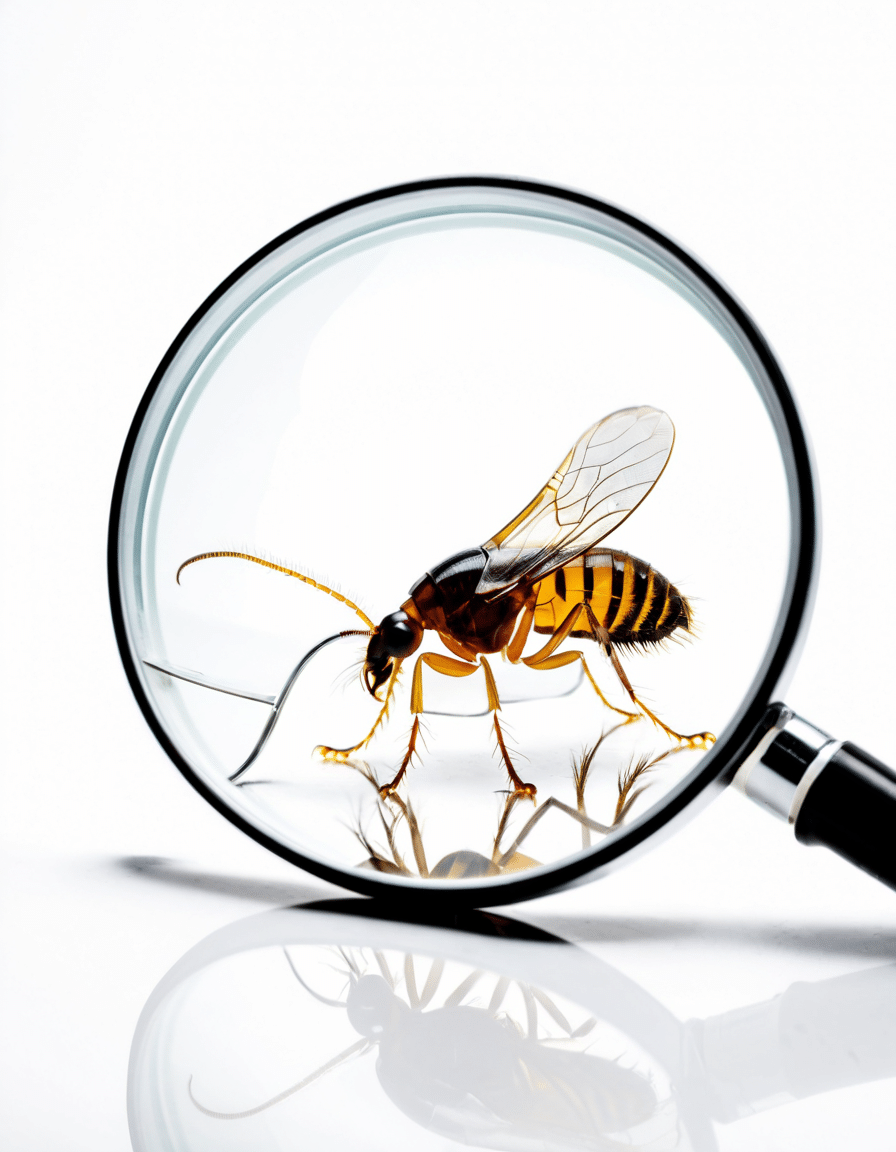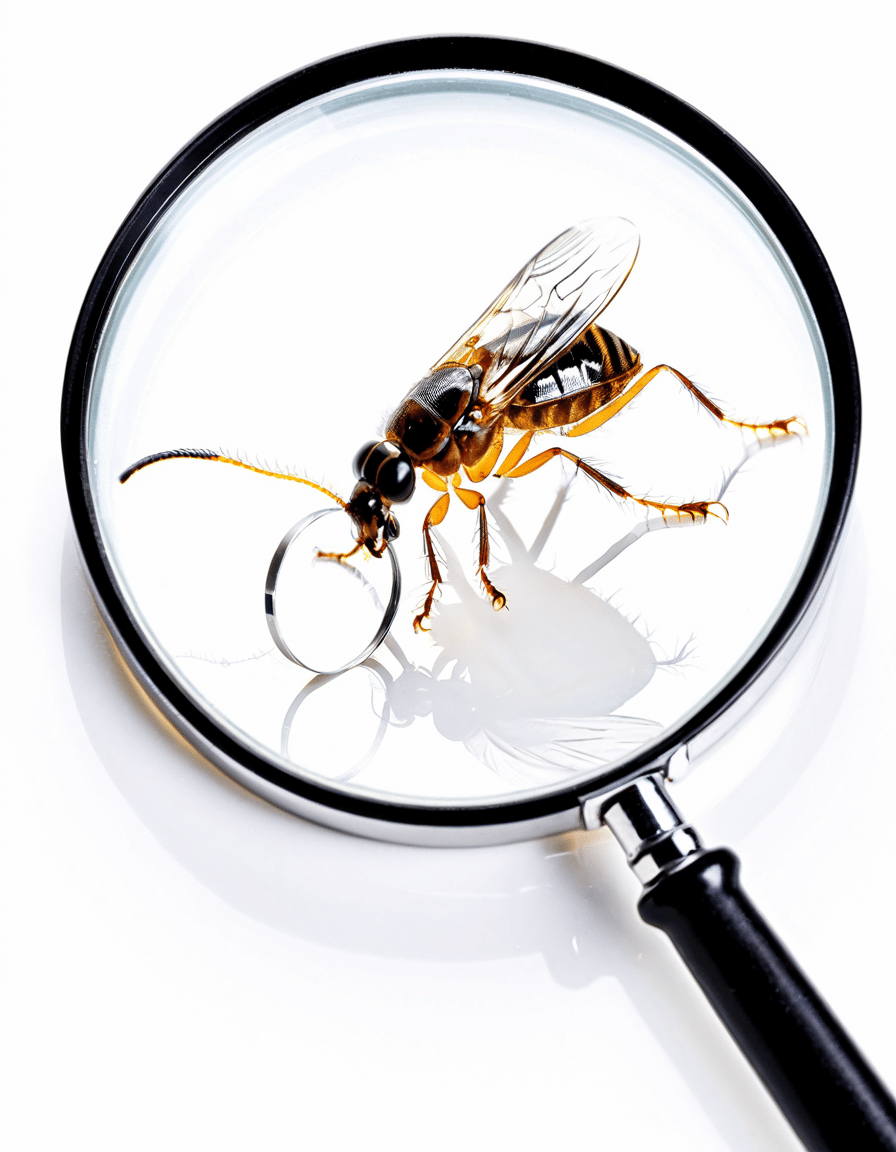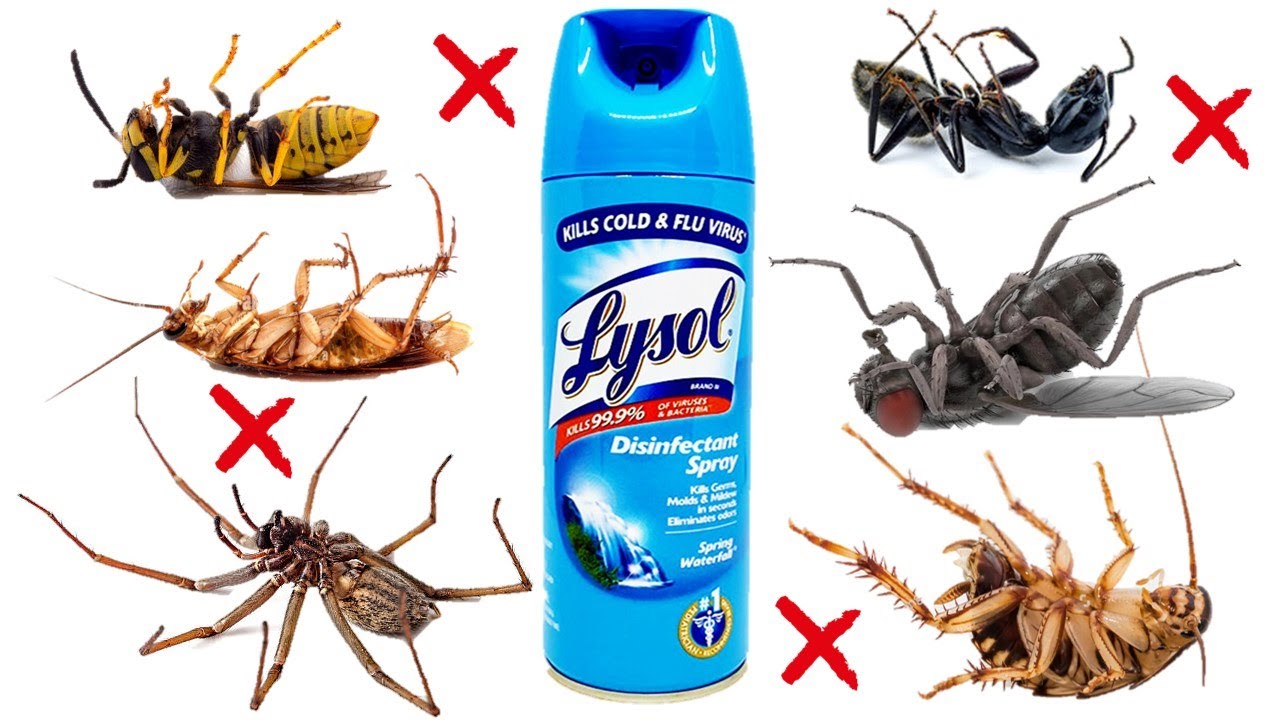Flea infestations can be a persistent problem for pet owners, leading many to wonder, does Lysol kill fleas effectively? The question of using common household products like Lysol for flea control is a pressing concern for many. Fleas can wreak havoc on our pets and homes, so finding an effective solution is crucial. Below, we’ll delve into the efficacy of Lysol in killing fleas and explore alternative solutions, both chemical and natural, for effective flea control.
1. The Efficacy of Lysol: does lysol kill fleas?
Lysol is a popular disinfectant brand known for its ability to kill bacteria and viruses. Its active ingredients, such as phenols and ethanol, have some anecdotal support for use against adult fleas. However, while Lysol may provide immediate relief when it comes to adult fleas, it’s vital to understand that it may not reach flea eggs or larvae—targets crucial for comprehensive flea control.
Furthermore, using Lysol in areas where your pets frequent can raise some concerns. Lysol’s potent chemicals can pose risks to your furry friends if ingested or inhaled. It’s essential to keep pets out of the treated areas until they’re fully dry. So, while Lysol might help in a pinch, it’s not the silver bullet for a flea infestation.

2. Alternative Flea Treatments: Comparing Efficacy
When searching for solutions to pesky fleas, it’s worth exploring various options available. Here’s a look at some popular methods for handling flea infestations:
3. Heat and Its Role in Flea Control: Does Heat Kill Fleas?
Heat is a natural enemy to fleas. Research indicates that exposure to temperatures above 95°F can eliminate all life stages of fleas. That’s why many pet owners have found success using steam cleaners on carpets and furniture to drive fleas out. Not only does this method make the environment less hospitable for fleas, but it also sanitizes surfaces without using harsh chemicals.
Using heat is a fantastic option for areas heavily infested. It acts as a two-for-one deal: damaging fleas while also making your home cleaner and fresher. Just be cautious when using steam around your pets to prevent burns.

4. Natural Alternatives: Analyzing Vinegar Solutions—Does Vinegar Kill Fleas?
White vinegar, known for its acetic acid, can deter fleas, but it might not kill them instantly. Many pet owners swear by applying a vinegar solution in spray bottles to their pets’ fur as a flea repellent. Just remember that, while vinegar can repel fleas, does vinegar kill fleas outright? The answer is mostly no; it’s more about prevention than elimination.
Combining vinegar with other methods, like proper cleaning and topical treatments, can enhance its effectiveness. The acidic nature of vinegar can create a less inviting environment for fleas, making it a useful addition to any comprehensive flea management plan.
5. Baking Soda Revisited: Will Baking Soda Kill Fleas?
While we’ve touched on baking soda previously, it’s critical to highlight its role in a robust flea management strategy. Baking soda, when applied directly to pet bedding and carpets, can help dehydrate fleas. Though it may not kill them on contact, it disrupts the flea life cycle.
Many pet owners have reported significant decreases in flea populations over time using baking soda in conjunction with regular vacuuming. This method requires persistence, but it’s a safer alternative for those wanting to avoid harsh chemicals.
6. Comparative Analysis: Popular Flea Treatments
With so many treatments available, it’s easy to feel overwhelmed. Here’s a quick comparison of how some popular treatments stack up against one another:
| Treatment | Effectiveness | Safety | Longevity |
|——————————|—————|——————————-|——————|
| Lysol | Moderate | Moderate (not pet-friendly) | Immediate use |
| Frontline | High | High | 30 days |
| Baking Soda | Moderate | High (non-toxic) | Short-term |
| Vinegar | Low | High | Short-term |
| Heat (steam cleaning) | High | Very high | Long-term (as needed) |
| Bleach | High (on contact) | Low (toxic risks) | Immediate use |
A Comprehensive Approach to Flea Management
Fleas can be difficult pests to manage. While products like Lysol may provide a temporary solution, a commitment to using multiple methods—including professional flea treatments, eco-friendly alternatives, and preventive measures—will yield the best results. Effective flea control requires not just persistence, but also an informed strategy tailored to your home and pets.
By balancing safety with efficacy, you can successfully combat flea infestations while keeping your furry companions healthy and happy. So, as you tackle those tiny intruders, remember that does lysol kill fleas is just one part of a much larger strategy in ensuring your pets enjoy a flea-free life.
does lysol kill fleas?
Understanding Fleas and Cleaning Products
Fleas, those pesky little critters, can make life a real headache for pet owners. You might be wondering, does lysol kill fleas effectively? While it’s tempting to grab a can of Lysol and spray away, it’s not the silver bullet one might hope for. Fleas are resilient little creatures, and while Lysol does contain chemicals that can kill insects, it falls short in terms of safely eliminating fleas from your home. Plus, a thorough cleaning involving vacuuming and washing bedding is usually more effective in breaking the flea life cycle.
Speaking of cleaning up, did you know that the Vietnamese potbelly pig is often credited with being a surprisingly clean pet? Unlike many other animals, they actually prefer to keep their living areas tidy. This little tidbit might not directly relate to fleas but shows how cleanliness plays a big role in pet ownership, much like choosing the right cleaning methods for your home.
Flea Lifecycle and Control
Flea eggs can lay dormant and hatch when conditions are just right! So, it’s vital to treat your home and pets consistently to beat these pests. While you might think spraying Lysol around is enough, it won’t impact the underlying problems, like flea eggs hiding in your carpet or upholstery. A thorough approach is key—think of it like ordering extreme pizza with a variety of toppings; you get a complete meal and not just one flavor.
Moreover, regular grooming and using vet-approved flea treatments will go a long way. It’s almost like how training your Cane Corso puppies requires commitment—consistency is crucial for success in both cases! So, what can you do besides cleaning? Consider using specialized flea repellents and treatments that have proven effectiveness against these relentless pests.
Fun Trivia: Fleas and the Animal Kingdom
Now, here’s a fun fact to lighten the mood: did you know that the Barbary dove can often be a surprising companion for pet lovers? They might not have to deal with fleas, but these birds still bring a unique charm to pet ownership. Just like caring for a leafy garden or hosting engaging corporate retreats, pets require dedication and a solid plan for well-being.
And while we’re on the topic of interesting facts, here’s a little gem: Tina Turner once said that “life is like a river, and we go with the flow.” For many pet owners, that means being adaptable when dealing with challenges like fleas. So the next time you ask yourself does lysol kill fleas, remember that a more strategic approach could prove much more rewarding in the long run!






